A new representative poll by Ipsos suggests that if an election were held tomorrow, the ANC would get 42%, the DA 11%, the EFF 9% and Herman Mashaba’s ActionSA 3% of the votes at a national level. A second poll, published by Rapport at the weekend, has the ANC at 38%, the DA at 27% and the EFF at 10%.
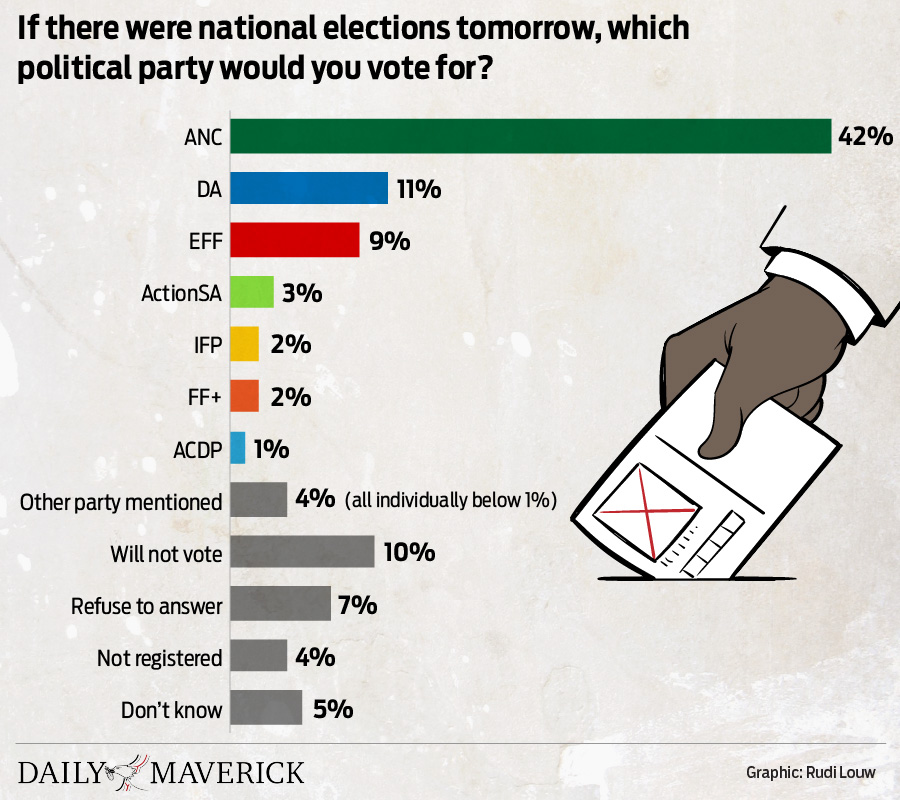
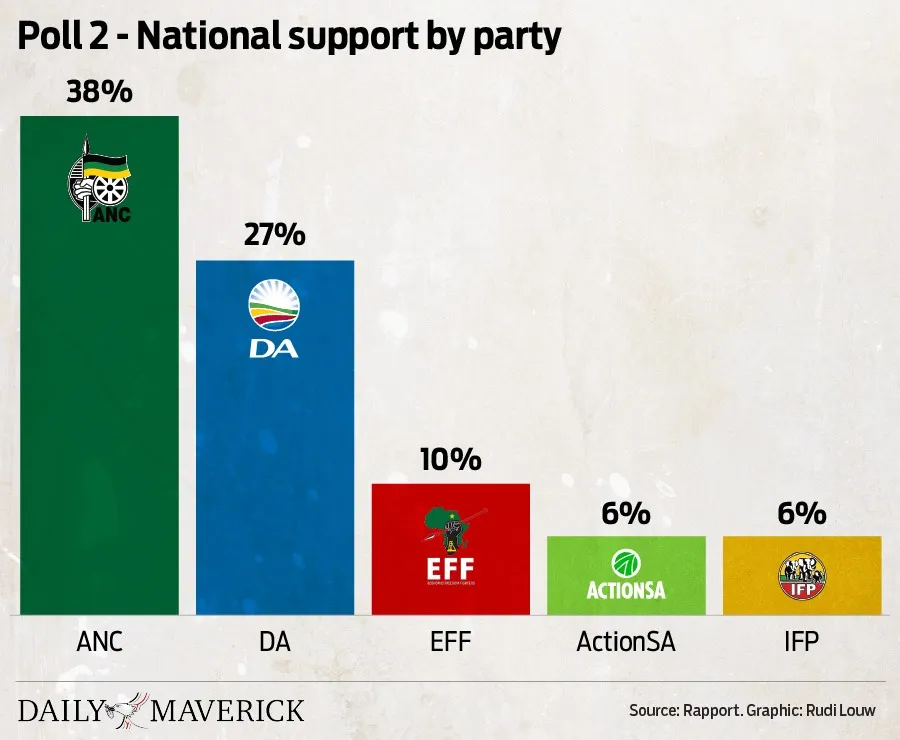
Either way, it’s bad news for the governing party. At the weekend, ANC deputy president David Mabuza warned party delegates to a provincial conference that it was bleeding support because of the party’s state.
“When you speak to people, they say: which ANC? They feel there’s not strong enough leadership from President Cyril Ramaphosa. There’s lots of uncertainty about December [when the ANC holds its executive electoral conference] and he talks about people who will be responsible for what they did, but people are not stepping aside. There’s a lot of talk but not a lot of action,” says Ipsos director Mari Harris.
“People are asking: ‘Which ANC are you talking about?’ People want certainty from a political party. Carl Niehaus is talking on behalf of the ANC. Jacob Zuma is talking on behalf of the ANC, the Taliban [the name of the faction that won a recent provincial party contest in KwaZulu-Natal],” she says.
The poll is a snapshot of eligible voters, not registered voters, and the DA usually does better than it is polled because it gets its members to register and to go out and vote.
However, the ANC’s downward spiral is not any other party’s gain.
“No other party is impressing voters. No other party is stepping up to the plate,” says Harris.
“Support for the ANC in the whole country is lower than before the local government election [in November 2021]. This suggests that new councils have not made a difference. I would be surprised if the ANC gets more than 50% in the 2024 national election.”
Harris says the party achieved 47% of the vote in the local government elections and appears to have subsequently lost five percentage points in support.
“The slide is going in the wrong direction.”
While the DA’s own polling suggests more green shoots, the Ipsos poll shows stasis for the party. Harris says its complaining tone counts against it.
“I don’t think complaining about everything government does is a good strategy. You need to prove you are a credible alternative without complaining. All political parties need to be a positive force.”
The EFF support appears to have plateaued at 9%, according to the latest poll, but Harris says both the DA and EFF are likely to do better than the poll suggests, come 2024. ActionSA, led by Herman Mashaba, remains a Johannesburg phenomenon, but it is building party structures across the country. This is not without start-up headaches, as it fired its KZN provincial executive this month. What is evident in both polls is that ActionSA has quickly caught up with the IFP. In the second poll, the two parties are running neck and neck.
Visit Daily Maverick’s home page for more news, analysis and investigations
Economy and government services drive ANC losses
ANC members are not going anywhere else, according to the poll of attitudes and surveys. About four in 10 people polled said South Africa is going in the wrong direction, but that does mean six in 10 think we’re on the right path. Most people said they don’t know or are uncertain of the country’s direction, but the majority of people polled indicated despondency.
“This despondency is not a South African phenomenon but, in our case, the stress is different. In Europe, for example, it’s inflation and the cost of living. With us, the stress is [also] on those things, but more on job creation. People said: ‘If we had a job, we could buy food, do things. There’s definitely blame on government for no job creation,” said Harris.
Unemployment is stubbornly high, with a small increase in jobs in the latest data but not big enough to make a dent. Those polled strongly believe the cost of living is rising faster than the official inflation rate (7.4% in July 2022), while administered prices like electricity and water tariffs had increased more quickly, as had the cost of food. “Two-thirds of people agree with this statement,” says Harris.
Ramaphosa down from post-Nasrec highs

President Cyril Ramaphosa is still South Africa’s most highly regarded political leader, according to the poll. He got 5.5/10 from respondents asked to evaluate him.
EFF leader Julius Malema was the second-highest at 3.8/10, and the DA leader, John Steenhuisen, received 3.3/10. This is not good news for the President, who polled much higher after his election in 2018 and he had more support outside the circle of ANC members than he does now. This suggests a drag effect on him by the ANC’s travails and his failure to institutionalise party reforms (or “renewal” as the ANC calls its efforts).
The ANC’s head of elections, Fikile Mbalula, was not available for comment.
“The last four months have shown a significant rally in DA support. Ipsos always profoundly underestimates the DA,” said Helen Zille, the chairperson of the party’s Federal Council. “In 2011, Ipsos said we’d get 19.3% — we got 23.8%. In 2019, Ipsos said we’d get 15.3% — we got 20.7%.”
Michael Beaumont, the ActionSA chairperson, said: “Polling is never going to be kind to us in the early days,” said. DM
![]()













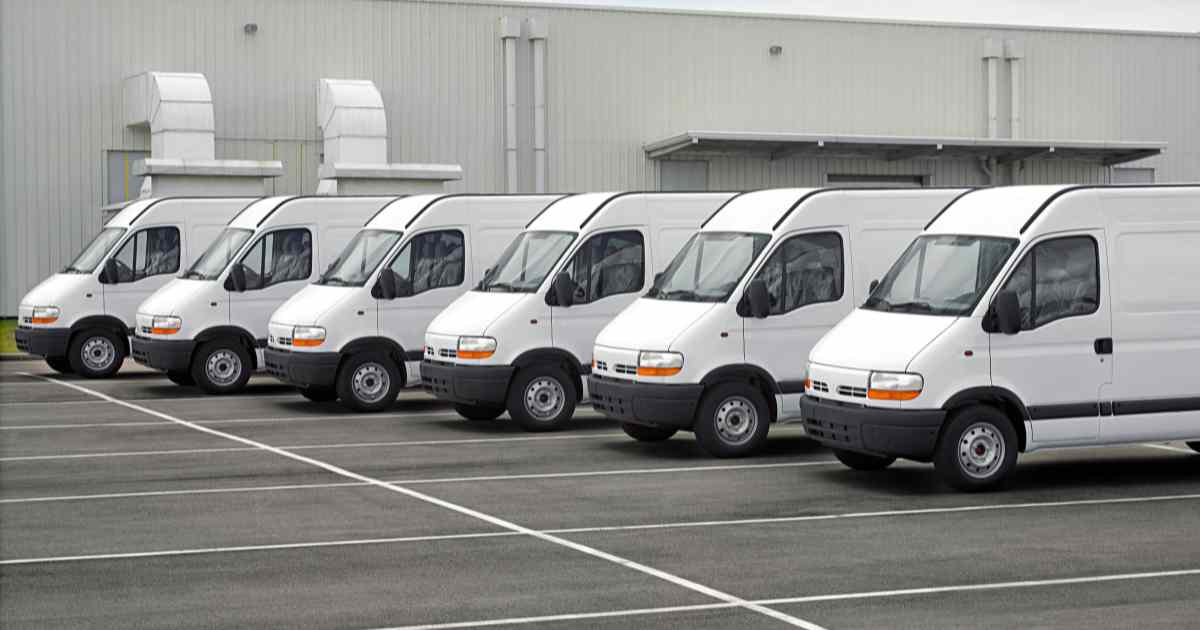
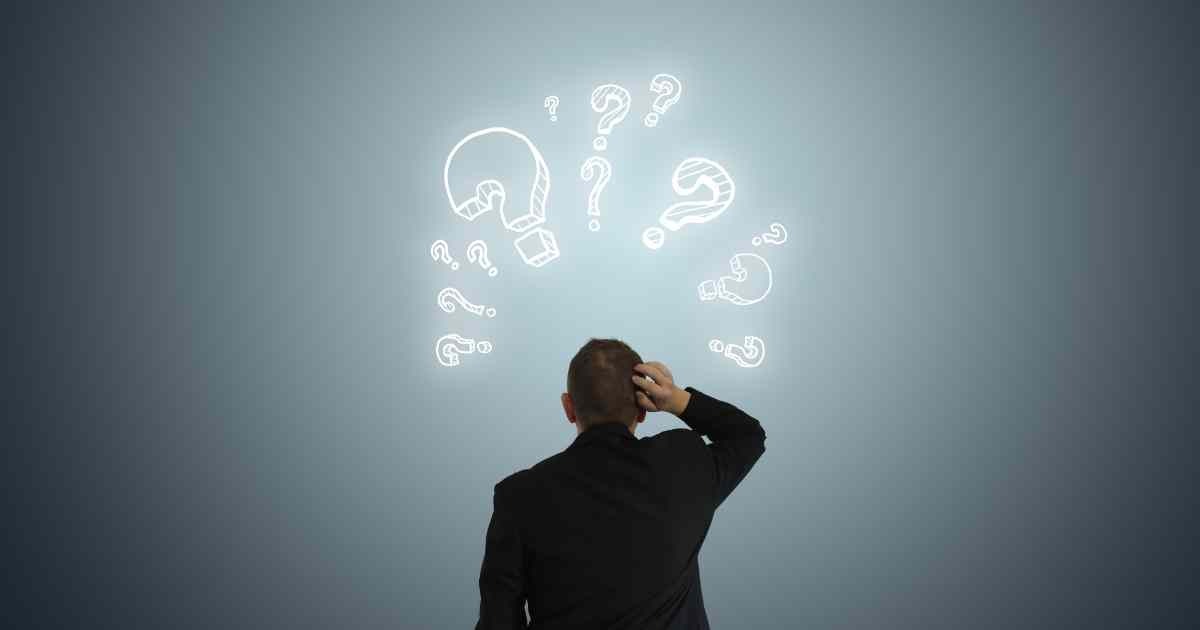


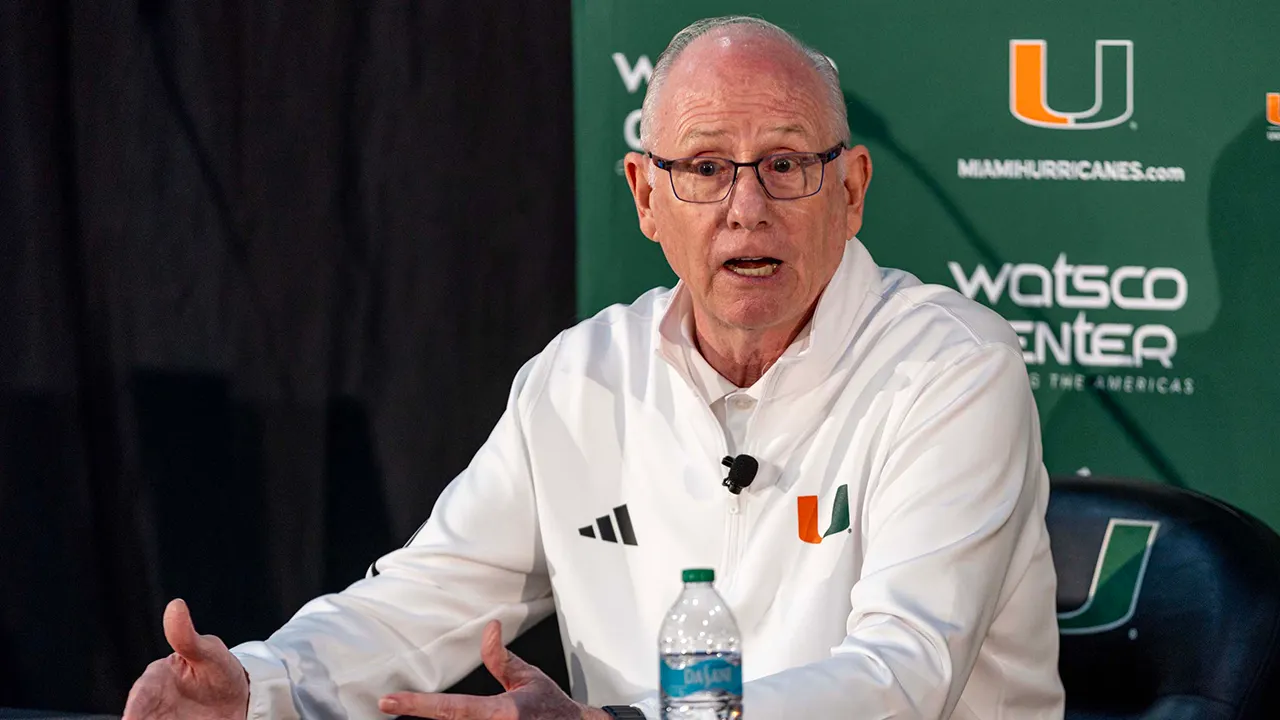




Discussion about this post